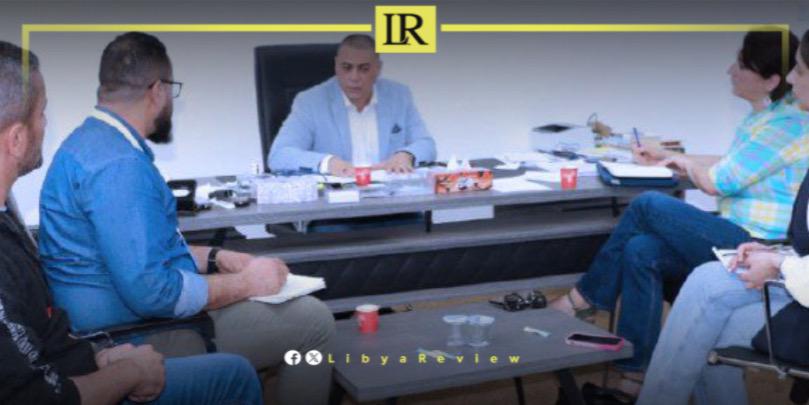On Sunday, the Director of International Cooperation at the Libyan Ministry of Health Saeed Al-Darsi met with Evelyn Aurelia, the Regional Director of INTERSOS at the ministry’s headquarters in Benghazi. The meeting aimed to bolster collaborative efforts and implement previous agreements through clear and established mechanisms.
According to a statement released on the Ministry’s Facebook page, the discussions revolved around translating past agreements into concrete actions via the International Cooperation Office. The parties agreed on several projects and activities designed to develop the health sector in alignment with the ministry’s policies.
Al-Darsi emphasized that the World Health Organization (WHO) would oversee all foreign organizations operating in Libya’s health sector. He requested that Aurelia provide data on INTERSOS employees working within the country’s health framework.
This initiative is part of a broader strategy by the Libyan government to enhance the effectiveness and coordination of international health aid, ensuring that such collaborations align with national health priorities and contribute to the overall improvement of healthcare services in Libya.
Libya has been in chaos since a NATO-backed uprising toppled longtime leader Muammar Gaddafi in 2011. The county has for years been split between rival administrations.
Libya’s economy, heavily reliant on oil, has suffered due to the ongoing conflict. The instability has led to fluctuations in oil production and prices, impacting the global oil market and Libya’s economy.
The conflict has led to a significant humanitarian crisis in Libya, with thousands of people killed, and many more displaced. Migrants and refugees using Libya as a transit point to Europe have also faced dire conditions.
The planned elections for December 2021 were delayed due to disagreements over election laws and the eligibility of certain candidates. This delay has raised concerns about the feasibility of a peaceful political transition.
Despite the ceasefire, security remains a significant concern with sporadic fighting and the presence of mercenaries and foreign fighters. The unification of the military and the removal of foreign forces are crucial challenges.


